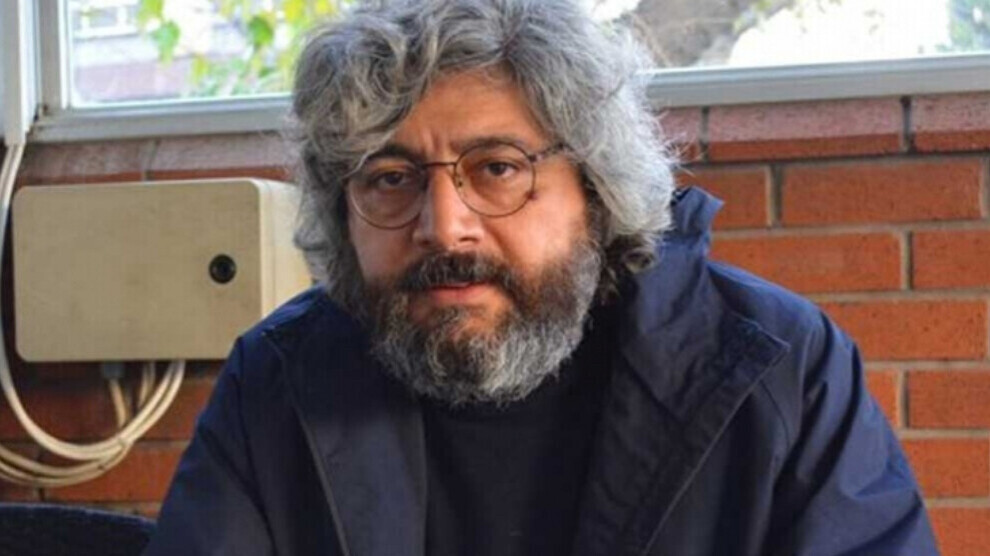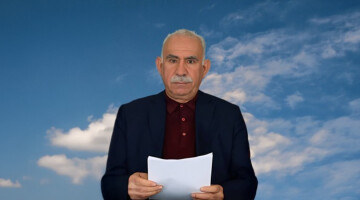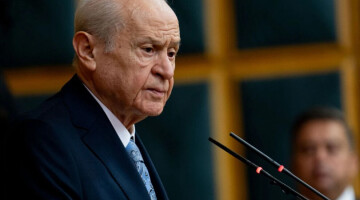After the detention of Istanbul Metropolitan Municipality Mayor Ekrem Imamoğlu on March 19, the stock market declined and the Turkish lira saw a sharp depreciation against foreign currencies. While leading international outlets such as Reuters, Bloomberg, and the Financial Times reported that the Central Bank had sold approximately 10 billion United States dollars to curb the sudden drop, claimed that the figure had reached 26 billion United States dollars, the figure reached 26 billion United States dollars.
The stock market lost nearly 17 percent of its value over the course of March 19 to 21. In response to last week’s abrupt downturn, Minister of Treasury and Finance Mehmet Şimşek announced the implementation of additional measures. The Central Bank intervened through tightening steps, with the Monetary Policy Committee of the Central Bank of the Republic of Turkey holding an unscheduled meeting and raising the overnight borrowing rate by 200 basis points to 46 percent. Following a meeting with banks on Sunday, the stock market opened with gains on Monday. However, fresh losses were triggered by news of an investigation into the Ankara Metropolitan Municipality.
Whether it rises or falls, the winners are always the same
As markets experience sharp fluctuations, labour economist Özgür Müftüoğlu argued that social unrest is often blamed for such volatility, yet the real agendas of society cannot and should not be dictated by the markets. He underscored that capital has no genuine interest in the establishment of democracy.
He said: "Let me start with this: whenever there is a movement in society to demand rights, whenever there’s a struggle against injustice or lawlessness, we are immediately confronted with the claim that ‘political instability will lead to economic instability.’ We are told that as democracy and the rule of law erode, the markets will react negatively, and foreign capital will flee. This creates a belief that capital will somehow safeguard democracy or respond to violations of law. But capital does not care whether there is democracy, or whether people are taking to the streets to defend their rights and freedoms. It supports only what benefits its own interests. In fact, the neoliberal policies that are generally implemented can never coexist with democracy. By its nature, capital cannot tolerate democracy. And as the social consequences of these policies become more visible, capital tends to align itself with increasingly authoritarian regimes. This is the truth we must confront."
Müftüoğlu added: "I’ve been saying this since 2018: the stock market keeps going up and down, devaluations occur, and all sorts of manipulations are in play. But who loses, and who wins? If you look closely, you’ll see that the winners are always the same—whether the market rises or falls. When foreign exchange rates spike, the same groups profit; when they drop, those same groups still benefit. That’s why society must stop tying its future to the stock market or the market economy. We need to break away from this pattern. Regardless of what happens in the economy, it will never truly work for the benefit of the people. What matters is the people's livelihood, their rights, their political freedoms. So, we must rethink our struggle—not through the lens of markets and profits, but through human rights, democracy, equality, and justice.
We must also not fall into the trap of believing the propaganda that social struggles will harm the economy. The economy was not doing well to begin with. Every time we were told ‘let’s not jeopardize economic stability,’ people ended up losing their rights. That was the case in the 1994 crisis, in the 2001 crisis, and in 2008 as well. Governments used this fear like a stick, a tool to justify authoritarianism. We must reject this logic. What we need now is to intensify the struggle—because democracy cannot be expected from capital or from the markets."













